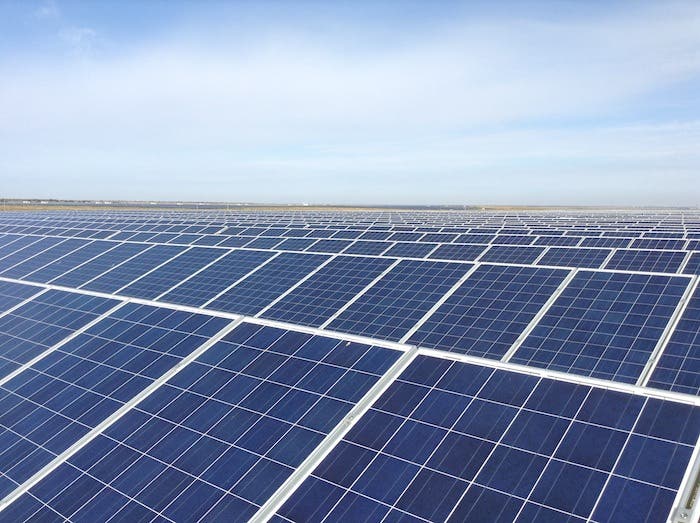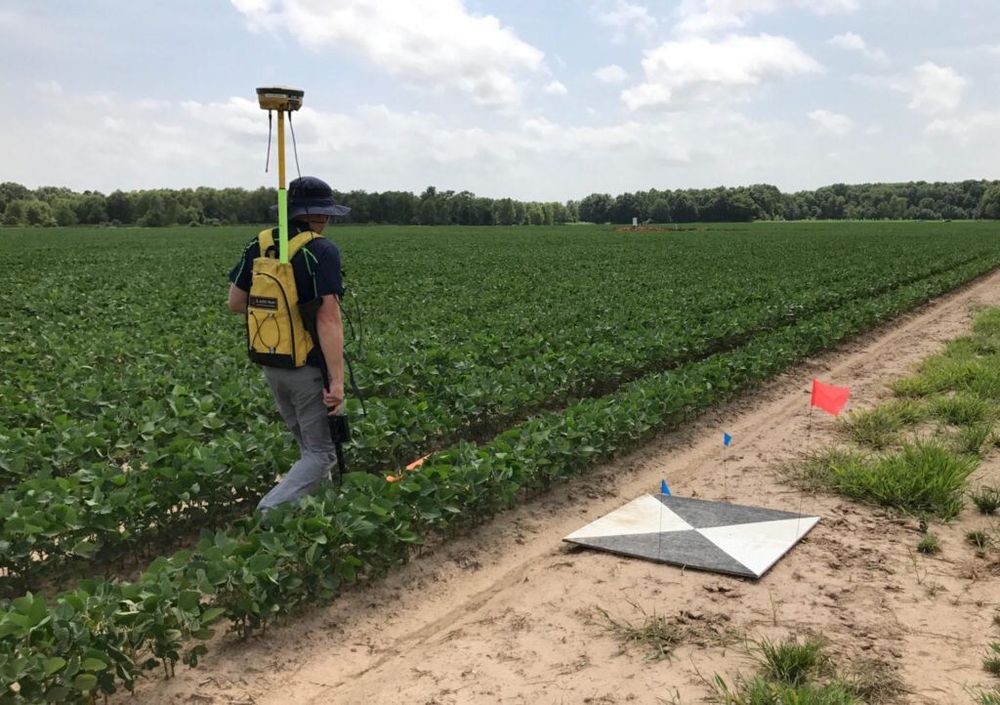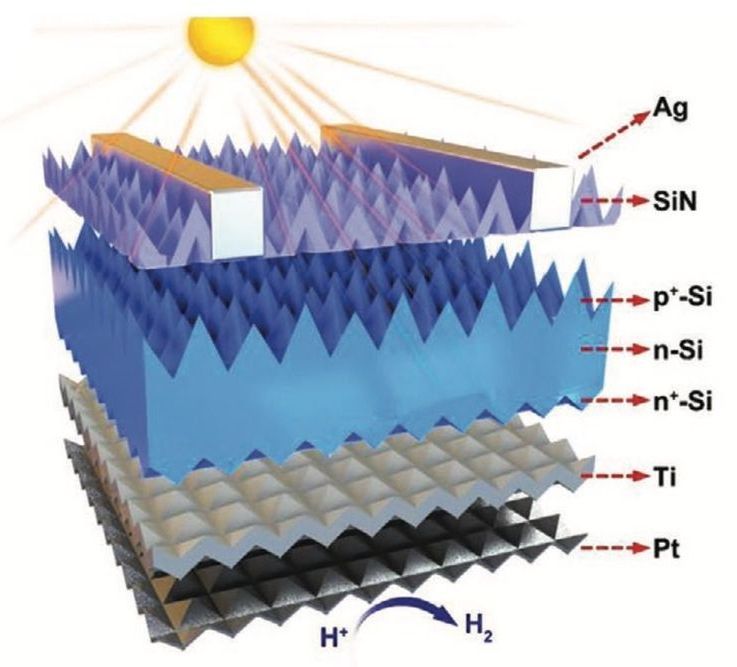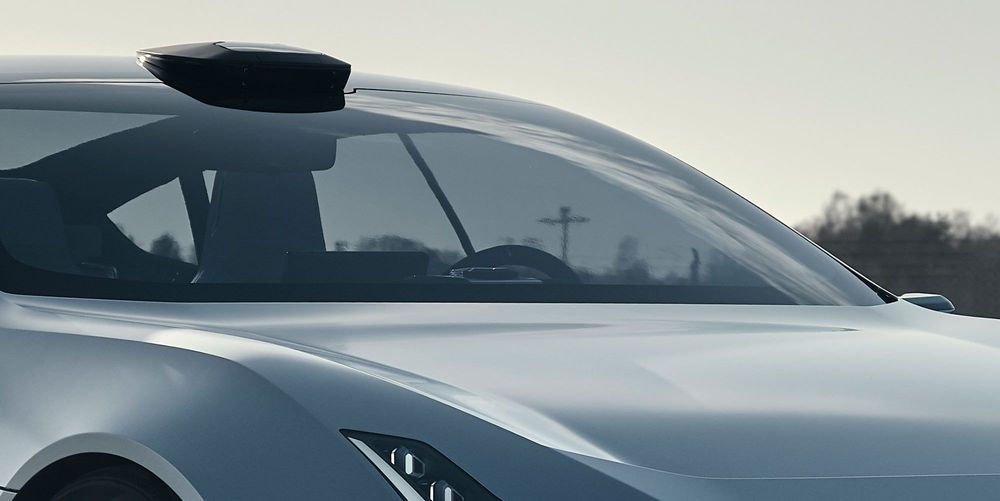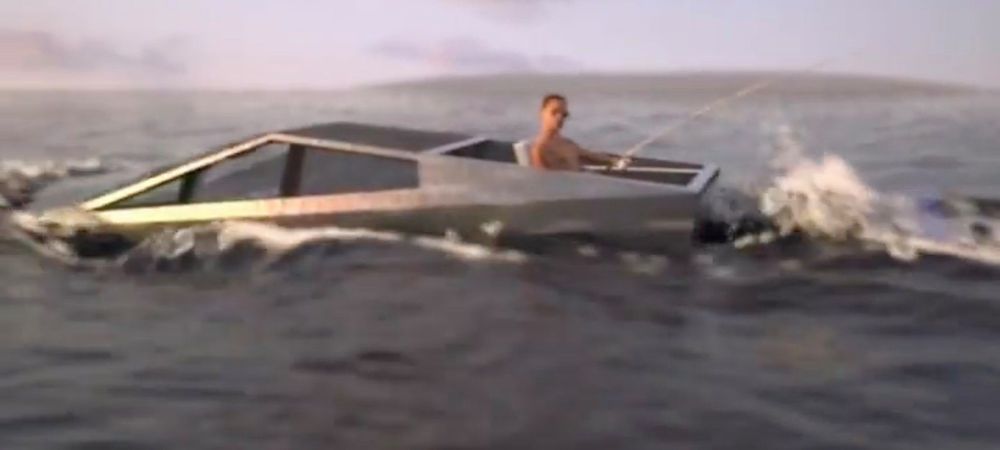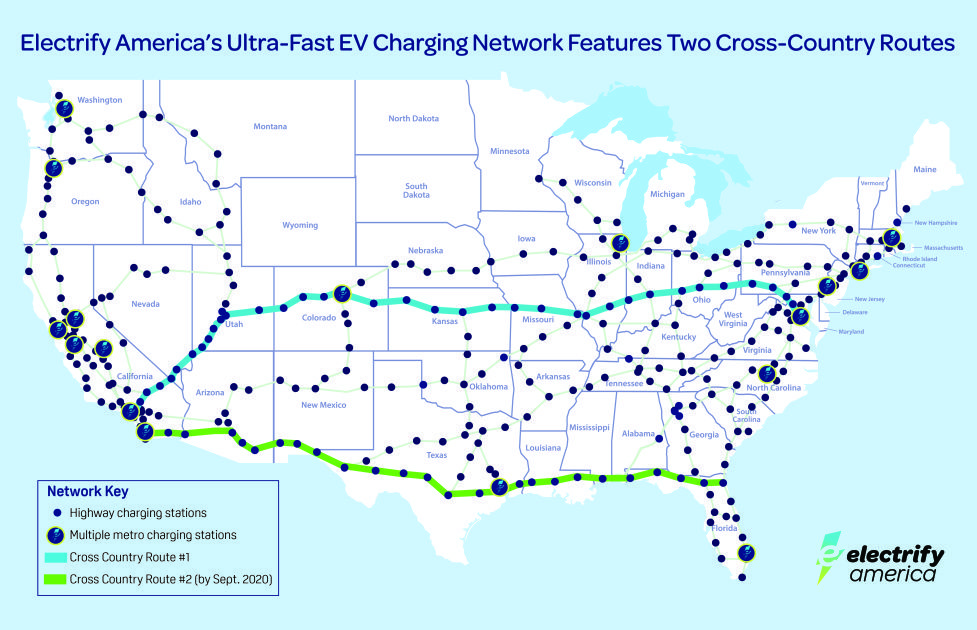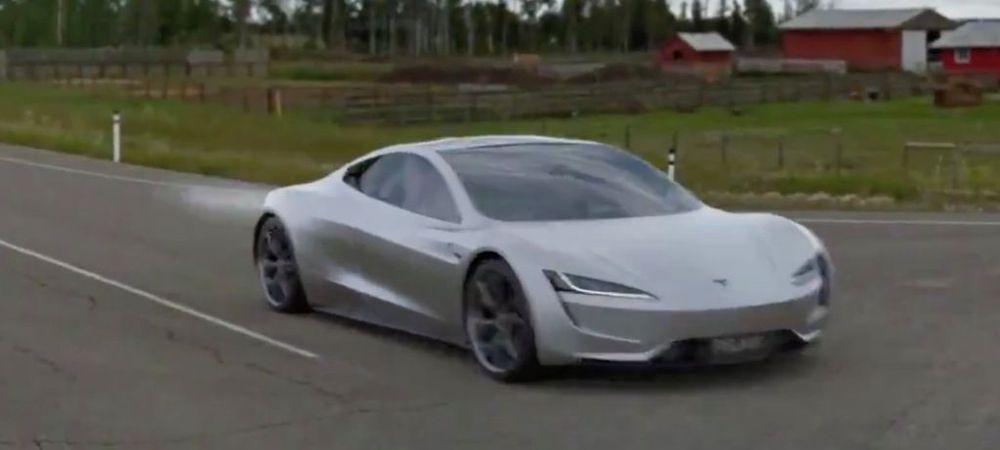Tesla’s Autonomy Day in April 2019 gave supporters of the company a look into Elon Musk’s vision of a fully-autonomous future. While the event featured the company’s strategies for the future as it prepares to “free investors from the tyranny of having to drive their own cars,” the $100 billion agriculture sector is also looking into sustainable, self-driving technologies that would revolutionize the industry.
Santa Monica, California-based lawn and landscaping startup Graze is developing a solar-powered, fully-autonomous lawn mower that requires no human interaction. The battery-operated, fully-autonomous mower is being developed by Graze CEO John Vay who has an extensive background in landscaping, and CTO Roman Flores whose past employers include NASA and the Caltech Curiosity Mars Rover Team. The two minds are developing the product in an attempt to revolutionize commercial agriculture as we know it.
